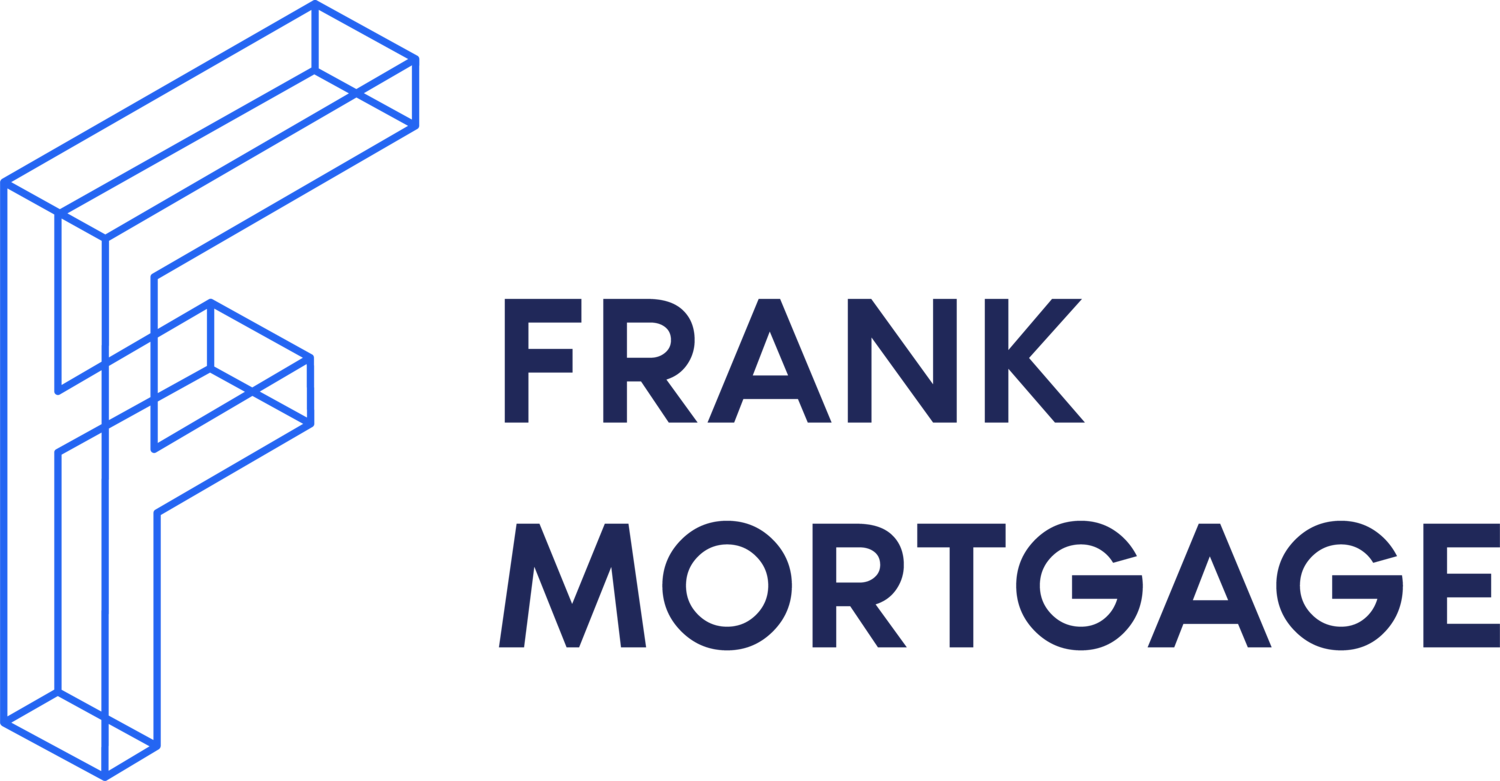Low Appraisal? Here is What You Should Do
You just bought your dream home, and the appraisal came in low. This means the appraised value that will be used by your mortgage lender is lower than the price you paid for the house. If this happens you may not be able to get the mortgage you need to close your house purchase.
The housing market can change on a moment’s notice. In Canada’s major markets the housing market was frothy from late 2020 to early 2022. House prices seemed to always go up. Home buyers bid aggressively, often paying above asking prices. Now, with interest rates moving higher, house prices are declining. This rapid movement in house prices in either direction can make it difficult to know if you are paying a fair market price. Be careful, especially if you need mortgage financing for your house purchase. A low appraisal that indicates you overpaid for the house can lead to challenges for obtaining the mortgage you need. What can you do if this happens to you?
Why is a mortgage appraisal needed?
Before we get into the details of what to do when the mortgage appraisal comes in low, let’s first understand why an appraisal is required. When applying for a mortgage loan, homebuyers need to meet certain requirements to prove that they can afford the home. The lender will scrutinize your finances, credit history and employment to determine whether you can afford the mortgage.
Lenders will also assess the property. If the property type is suitable to the lender, they will need to determine the market value of the home. They get this value from an appraisal. Your broker must order an appraisal from an appraiser that is approved by your lender.
The lender will cap the amount they are willing to lend at a percentage of the home’s market value. That percentage is dependent on the mortgage product. For CMHC-insured mortgages the lender won’t lend above 95% of the property value, meaning you need a minimum down payment of 5% of the property value. In this case, 95% is the maximum loan-to-value ratio, or LTV. For uninsured mortgages, the maximum LTV is 80%, meaning you need a minimum down payment of 20% of the property value. The lender depends on the appraised value to determine how much money they are willing to lend on that property.
Lenders set LTV limits to protect against losses. The value a lender uses to determine the LTV is the lower of the appraised value and the current sale price of the home. If you are doing a refinancing, the value is determined solely from the appraisal. The LTV restrictions provide a buffer of protection against a loss when the lender sells the home to pay off the mortgage if you are unable to make your mortgage payments and go into default.
Let’s look at a simple example of a low appraisal:
You are purchasing a property for $490,000 with a down payment of $100,000. This means that you need to borrow $390,000. If the property is valued at $490,000 then the LTV of the mortgage would be 79.6% (390,000 divided by 490,000). You would qualify for an uninsured mortgage since your LTV is less than 80%.
You get an appraisal done and the value of the property is determined to be $460,000. This is less than the price you are paying for the property. Since the lender will only lend to a maximum LTV of 80% for an uninsured mortgage, the maximum uninsured mortgage amount you can get would be $368,000 (460,000 multiplied by 80%). You have a down payment of $100,00, so you can afford to pay a price of $468,000, but you have agreed to pay a price of $490,000. The appraisal is low, and you are now needing an extra $22,000 to complete the purchase at the agreed price. This is not a good situation. What are your options?
1. Negotiate a new price with the home seller
It might be possible to renegotiate the sale price with the seller. Faced with the risk that you may not be able to complete the sale that they are now depending upon, the seller may be willing to make a concession. You could ask to reduce the price to the appraised value. They may accept that, or they may be willing to meet you in the middle to get the sale completed. The seller could be motivated if they don’t have other buyers standing by or want to avoid the hassle of trying to relist and sell the property.
Unfortunately, not all sellers are willing to negotiate a lower price. If your purchase and sale agreement is not conditional on financing and the seller isn’t willing to renegotiate you need to look at other alternatives.
2. Appeal the appraised value
You could work with your realtor and mortgage broker to challenge the appraisal if you believe it to be too low. Check to see if the realtor can offer more recent comparable sales data for the area or justifications for why the appraiser's comparable sales need to be revised. Any details about the property's quality that the appraiser could have overlooked should be presented to them. This process can take some time and is not always successful.
3. Increase your down payment
Having the required down payment is essential in a mortgage approval. You may have entered into a transaction to purchase a house and bid the maximum price you could afford with the down payment you had. That works if the appraisal confirms the price you paid. If the appraisal comes in low, then you may need to find more money to increase your down payment. In the example above where the appraised value is lower than the price being paid for the house, the buyer had a $100,00 down payment but now needs $122,000 to complete the transaction.
To increase your down payment, you can do a few things. You can tap into other financial resources you may have, such as selling securities or withdrawing money from a retirement account, or you could ask for a gift of funds from immediate family. Note that lenders will likely not accept borrowed funds for the down payment.
4. Walk away from the deal
If the appraisal comes in well below your budgeted amount, your first instinct might be to walk away from the deal. If you have a condition on financing in your purchase and sale agreement, then you would be able to walk away without losing your deposit. The condition on financing protects you against a failure to get the required financing, which can happen if you get a low appraisal.
If you did not have a condition on financing, and you walk away from the deal, you will lose your deposit. In addition, you are exposed to market value changes that negatively affect the seller. If the seller is only able to subsequently sell the property at a lower price, you can be held legally liable for the difference in price. This is a legal precedent that has been supported in the Canadian courts. Absent a condition on financing, walking away is not a good idea.
Are there ways to avoid a low appraisal?
The most common cause of a low appraisal is overpaying for a property. Recently we have seen bidding wars in major markets in Canada. Many buyers paid a premium to secure a property they wanted. In many cases they also submitted an unconditional offer because they were told that was necessary to have their offer accepted. This market exuberance led to irrational personal decision making. In these instances, the buyers paid an above market price and also didn’t protect themselves if they could not get financing.
While overbidding is now not as common as it was in the past couple years, the housing market is currently experiencing a drop in prices. This could lead to a low appraisal as well, so even today you need to be careful that you are paying a market price for your home.
What are the things you can do to avoid ending up in a situation where your appraisal comes in low?
Don’t overpay. Consider what neighbouring properties have recently sold for. Look at recent comparable sales that your realtor can provide. Don’t forget to consider things about a property that could negatively affect value, such as:
a. small rooms;
b. awkward floorplans;
c. age of roof, appliances, and wiring;
d. condition of the house/quality of upkeep;
e. access to transit, schools, and other public infrastructure;
Protect yourself by making your purchase offer conditional on financing;
Check with your realtor to see that there are recent comparable sales, within the last three months, at the price you are considering.
Bottom line
If the appraisal is low, it can make it difficult for you to get the mortgage you want. When faced with this dilemma, you have a few options, but they will take time and maybe money to resolve. You may need co-operation from the seller, the appraiser, your realtor, and mortgage broker so it is best to maintain good relations with all of them.
Now that the market froth that led to bidding wars is mostly over, the home buying process is allowing more buyers to include financing conditions in their purchase and sale agreements. We strongly recommend you always do this.
With interest rates now moving higher there is downward pressure on house prices. It is still possible if prices continue to decline that you secure a home at a price that is higher than the appraised value. Pay attention to comparable sales in the area and be careful to pay a market price.
At Frank Mortgage we have seen customers faced with appraisal shortfalls. In all instances, we have been able to resolve the situations so that the customers can successfully close the purchase of their new home. Unforeseen events such as this in the mortgage process make it worthwhile to find an experienced mortgage broker. If you want unbiased and free advice from experienced mortgage brokers and mortgage agents, please visit us at www.frankmortgage.com or call us at 1-888-850-1337.

Don Scott
Don Scott is the founder of a challenger mortgage brokerage that is focused on improving access to mortgages. We can eliminate traditional biases and market restrictions through the use of technology to deliver a mortgage experience focused on the customer. Frankly, getting a mortgage doesn't have to be stressful.
Connect with Don on LinkedIn!


